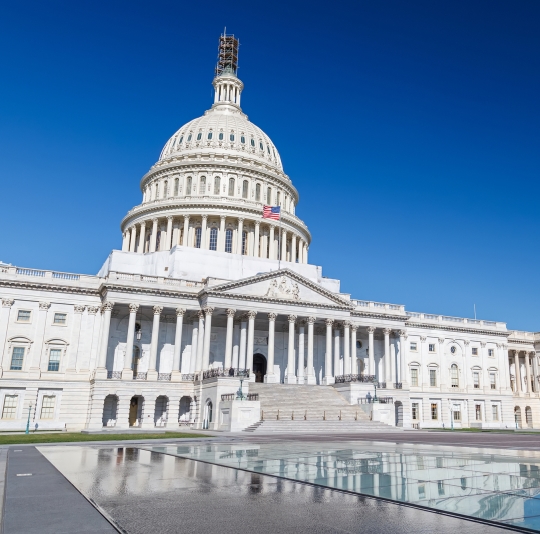Press Releases
Wexton Announces $13.8 Million for Low/No Emissions Transit Upgrades in Loudoun County from Bipartisan Infrastructure Law
Washington,
June 27, 2023
Washington, DC – Today, Congresswoman Jennifer Wexton (D-VA) announced $13,880,910 in federal funding from the Bipartisan Infrastructure Law to upgrade Loudoun County’s buses to low- or no-emission vehicles. The grant was awarded by the Federal Transit Administration’s (FTA) Low or No Emission Vehicle Program. The historic Bipartisan Infrastructure Law delivered a $5.5 billion funding boost for the program, more than six times greater than the previous five years of funding. “Thanks to our Bipartisan Infrastructure Law, federal funding is on its way to Loudoun County to reduce our carbon footprint and modernize our local public transportation,” said Congresswoman Jennifer Wexton. “This is a major investment in a key transit priority for Loudoun that will benefit the entire community by providing a cleaner and quieter transit fleet. I’m excited to see our once-in-a-generation infrastructure law continue to deliver for Virginia.” Funding from the Low or No Emission Vehicle Program is being distributed to localities to help local transit agencies purchase low- or no-emission vehicles and afford the necessary facility renovations and equipment upgrades to support those vehicles, such as electric batteries for charging and workforce development. Low- and no-emission buses benefit transit agencies and the surrounding communities. These vehicles are more energy-efficient, often reducing fuel costs, while producing less noise and less harmful tailpipe emissions, lessening local noise and air pollution. Congresswoman Wexton has long been a champion for modernizing infrastructure in Northern Virginia and across the country, voting in favor of the Bipartisan Infrastructure Law in 2021 which has delivered millions in federal funding to support key infrastructure priorities in Virginia’s 10th Congressional District including road safety and traffic improvements, cleaner drinking water efforts, and investments in local transit and airport upgrades. More information about the Low or No Emission Program can be found here. ### |



